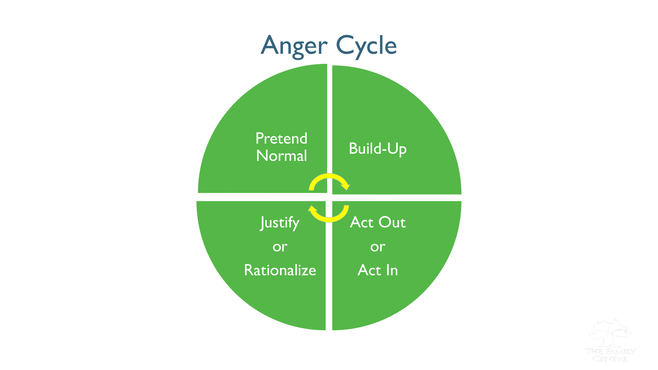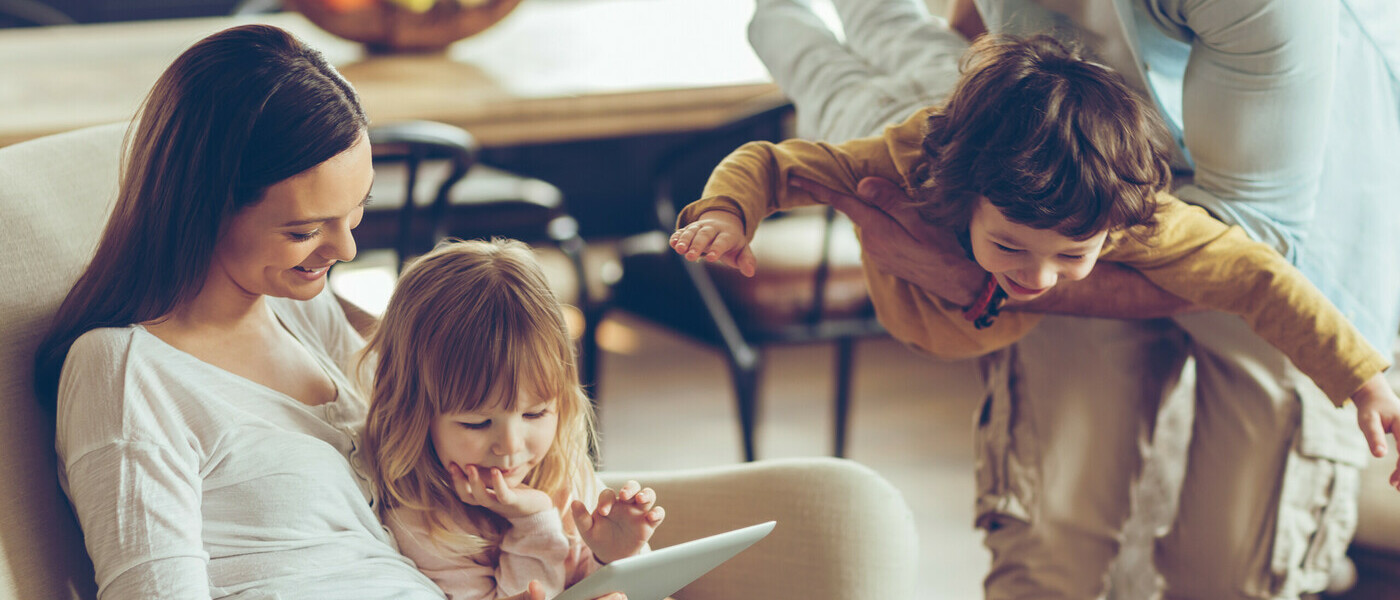Finding Your Voice: Understanding Anger for Youth Class

Raising a teenager can be hard, but being a teenager can be hard, too. Youth are beginning to explore who they are as individuals and find their voices. Sometimes these voices can be loud, harsh, and full of anger. This anger makes it difficult for the adults in their lives to listen and take them seriously.
When left unchecked, childhood aggression such as fighting, arguing, yelling, spitting, and teasing can lead to additional issues. For instance, anger and aggression have been linked to academic problems, peer rejections, and poor mental health in adulthood.
“I get in trouble when I get angry” is what Jaclyn Wickens, facilitator of The Family Centre’s Understanding Anger for Youth class, often hears.
Anger is an emotion we all have. While it’s not an emotion that makes us feel good, it is a mechanism that tells us something is wrong - which is good!
“Youth want to be seen, and they want to be heard; it’s just the ability to do so in a productive way,” says Jaclyn.
The class teaches youth what is going on in their brains when they are experiencing anger.
“Once we can understand anger from a biological perspective, we can work on developing skills to tame anger and anger triggers.”
Youth walk away with strategies to recognize their anger, and regain control of their emotions.

A common problem Jaclyn sees amongst youth is their belief that their parents don’t understand them.
“Youth have very strong voices, so how do they express themselves in a way that people can not only hear but understand their experiences?”
Miscommunication or poor communication can cause conflict. When in conflict, that is where some of that anger comes through. Jaclyn teaches youth how to express anger in healthy ways so that the adults in their life can understand what’s behind their anger and what’s really going on for them.
In the online class, youth can open up and talk about their experiences at home. They can be present in their own space, using their own devices. The 2.5-hour class is short and sweet, keeping engagement for youth high.
What Jaclyn loves most about facilitating this class is how dynamic the course is.
At the beginning of each class, she asks the youth what they hope to get out of the course. She then adapts the material to their preferences. “We’re able to collaborate, and we get to have conversations. It’s not just us telling them what to do.” The conversations with each other are where all the great learning happens and where the class becomes specific for the youth attending.
The only way to find your voice is to use it. The Understanding Anger for Youth class helps youth use their voice in effective and meaningful ways.
Learn more about the Understanding Anger for Youth class here.
This class is provided as a private workshop only.
